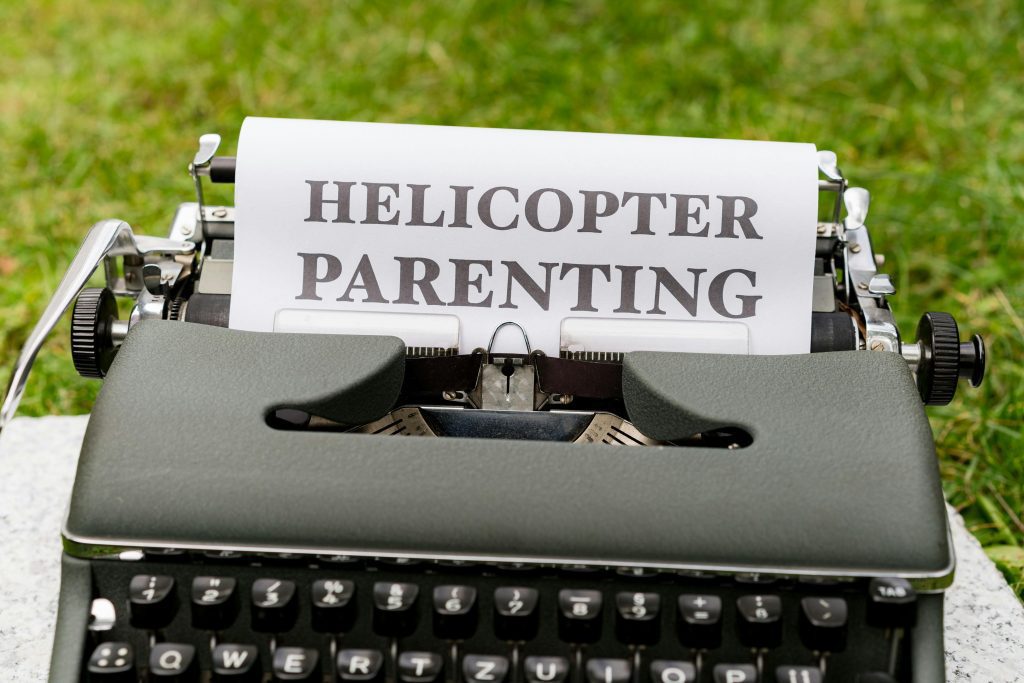Parenting today looks very different from what previous generations experienced. You’re likely navigating concerns and challenges that simply didn’t exist or weren’t widely discussed when Boomers were raising their kids.
The key difference is that modern parents often face new kinds of pressures and decisions that feel much more complex and detailed than in the past. Understanding this shift helps you see why some worries feel so urgent now.
Screen time limits and managing device use
You likely face more pressure balancing screen time than previous generations did. Managing when and how your kids use devices is a daily challenge. Setting clear limits helps everyone, improving mental health and family time.
You also need to model good device habits yourself. Kids notice how you use technology more than what you say. Creating screen-free spaces and routines supports healthier habits for the whole family.
Remember, it’s about balance—not just cutting back. Encouraging offline activities and mindful tech use can make screen time feel less stressful for you and your children.
Strict nutritional guidelines and organic diets
You might feel pressure to set strict nutritional rules for your kids, aiming to make healthy choices clear. However, being too rigid can sometimes create stress for both you and your children.
Organic diets are another concern. You may wonder if choosing organic really makes a difference in safety or nutrition, but opinions vary and the decision often depends on your values and budget.
Focusing on balance rather than perfection helps you create healthier habits in your family without overwhelming anyone. Offering variety and flexibility encourages your children to develop a positive relationship with food.
Emphasis on children’s emotional well-being and mental health
You likely pay close attention to your child’s emotional well-being in ways boomers didn’t. Mental health now plays a central role in how you support your child’s growth and happiness.
You focus on creating a nurturing environment where your child feels safe to express feelings and develop resilience. Open communication and regular conversations help you spot potential struggles early.
Tending to emotional health helps your child build confidence and strong social skills. This increased awareness reflects a shift toward valuing mental wellness as essential to overall development.
Constant safety precautions like car seats and helmets
You’ve likely noticed how much emphasis today’s parents put on car seats and helmets. Unlike past generations, you’re encouraged to keep your child rear-facing in a car seat until at least age two. This is based on safety guidelines designed to reduce injury risks in accidents.
Wearing helmets on bikes or scooters is another example. You’re urged to teach your kids about road safety and ensure they wear protective gear every time. These precautions can feel strict, but they help keep your child safe in everyday activities.
You also make a point of regularly checking that car seats fit correctly. This constant attention to safety gear is a big part of parenting today.
Helicopter parenting and closely monitoring activities
You might find yourself keeping a close eye on every part of your child’s day, from schoolwork to after-school activities. This style, known as helicopter parenting, comes from wanting to protect and help.
However, hovering too much can limit your child’s chance to learn independence. Letting them handle small challenges builds their confidence.
Try to balance involvement with giving your child space to explore on their own. It’s okay to step back and allow normal risks—it helps them grow stronger and more capable.
Advocating for inclusivity and diversity awareness
You want your children to grow up appreciating differences and treating others fairly. Today, many parents focus on teaching inclusivity and helping kids understand diverse backgrounds.
Encouraging open conversations about race, gender, and culture is important. You can also work with schools and communities to support inclusive environments for your child.
By creating a welcoming space at home, you help your kids develop empathy and respect. This kind of awareness wasn’t as emphasized by previous generations but is central to parenting today.

